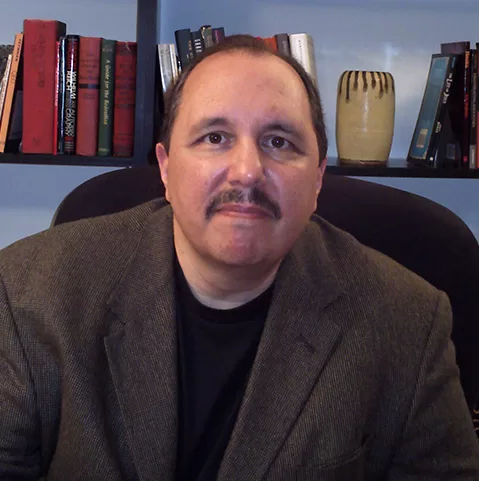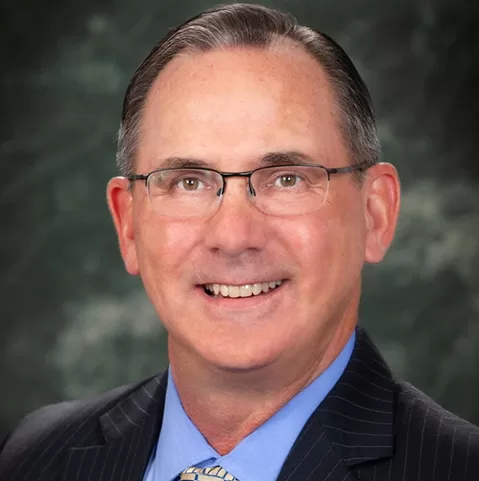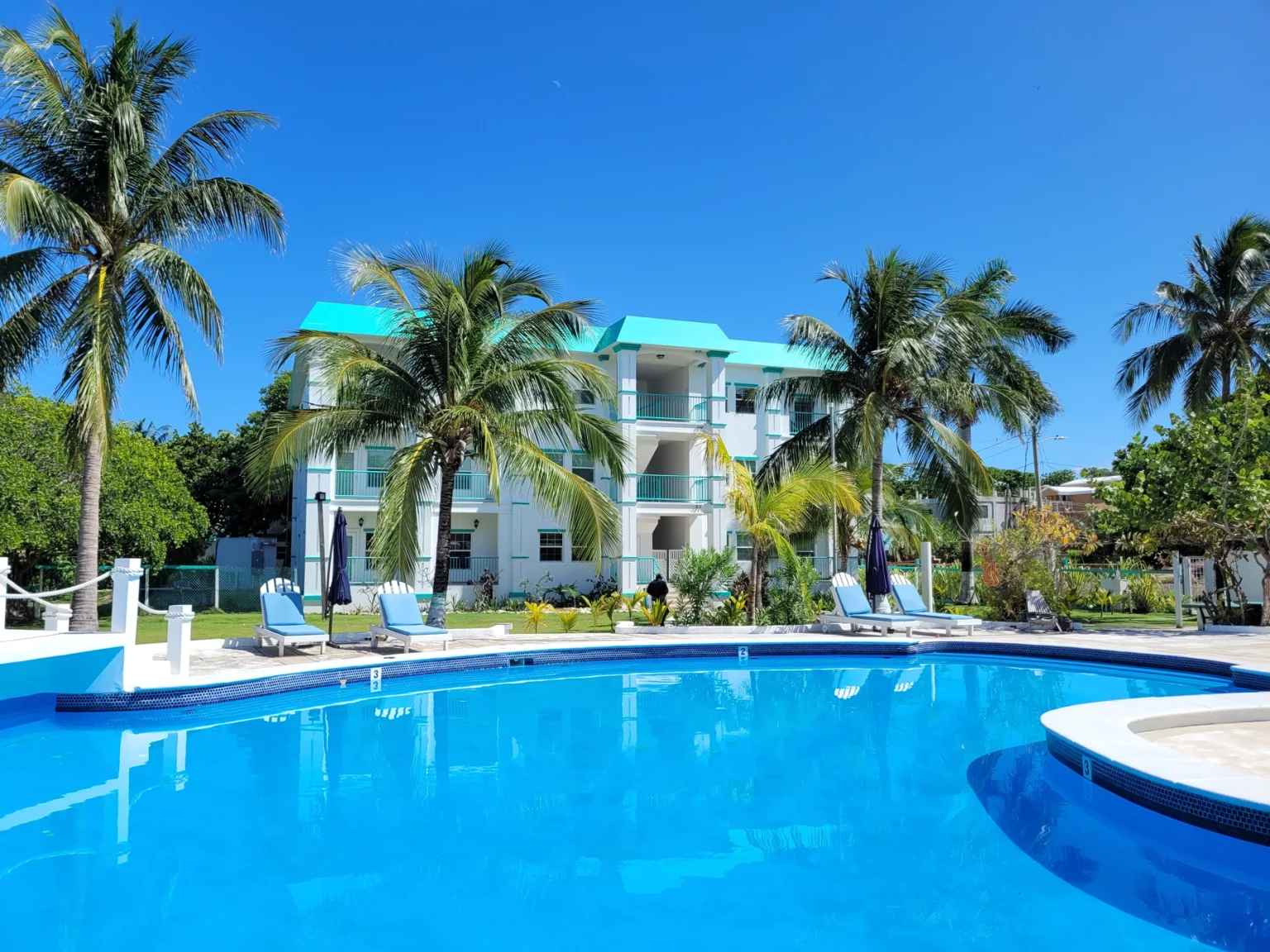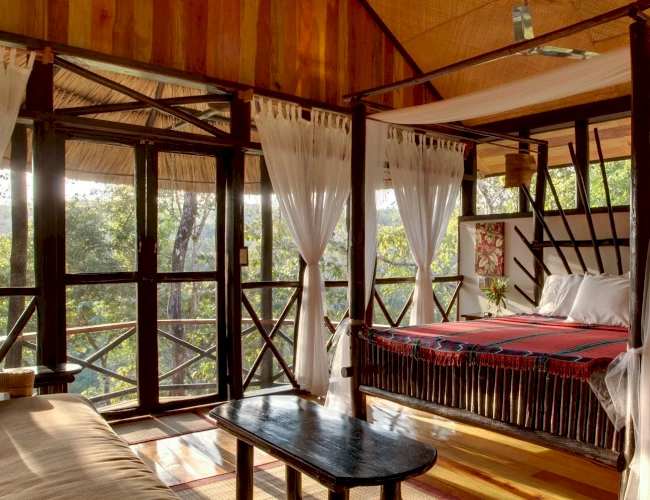Your Future Starts Here:
The Plan B Summit 2025
Take control of your future with expert guidance in international diversification
Register now for the Plan B Summit at our Early Bird Special price of $199, and you’ll automatically be eligible to win a 5-nights FREE luxury stay in Central America!
What Is the Plan B Summit?
Are you ready to secure your future and take control of your life? The Escape Artist Plan B Summit is your ultimate guide to international diversification. Whether you're exploring second residencies, offshore banking, asset protection, or international investments, this two-day event will provide the tools and knowledge to make your "Plan B" a reality.
Learn from Experts
Learn from world-class experts in international living and investing.
Connect
Connect with like-minded individuals taking the first steps toward their global goals.
Take Action
Gain actionable insights to start your journey toward financial and personal freedom.
Highlighted Speakers
Meet the industry leaders who will empower you to take the next step:

Michael K. Cobb
Chairman and CEO, ECI Development
Michael Cobb has helped thousands find their dream properties abroad. He’ll share his expertise in international real estate and living overseas.

Joel M. Nagel
Founding Partner, Nagel & Associates
A pioneer in asset protection and international law, Joel Nagel will guide you through strategies to safeguard your wealth.

Luigi Wewege
President, Caye International Bank
Offshore banking made simple. Luigi will demystify the process and help you understand how to leverage offshore accounts for financial security.

Dan Wilhelm
American Expat in Portugal
Hear firsthand from Dan Wilhelm about life as an expat and the practical steps to relocate successfully.

Paul Rosenberg
Co-founder of Cryptohippie and author of The Free-Man’s Perspective newsletter.

Rich Checkan
President and COO of Asset Strategies International (ASI)
Rich is one of the world's foremost experts on gold, and will speak about the enduring value of precious metals, even in this increasingly crypto-focused world.

Isha Sesay
Associate Editor
Isha Sesay, Associate Editor, is a London-born journalist with global experience, now based in Barcelona.

Ryan L. Palmer
Founder and Operations Manager, Teak Craft Solutions
Ryan, Manager of Teak Craft Solutions in Panama, shares how teak investments build generational wealth and enable Panamanian residency.

Matheus Leite
Matheus is a parallel entrepreneur, running three businesses entirely remotely: an immigration consulting, a real estate company and a crypto payments start-up. From his desk in Dubai or from a remote country you never heard of, Matheus has mastered the art of balancing travel and work without compromising efficiency. Expats are a thing of the past. Enter the Global Citizen.
Win a 5-Night Tropical Getaway!
Register for the summit and automatically enter to win a FREE vacation at one of these stunning destinations

Grand Bayman
Ambergris Caye, Belize
Experience Caribbean bliss with pristine beaches, world-class diving, and the perfect blend of tropical charm and modern comfort.

Gran Pacifica
Nicaragua's Pacific Coast
Discover breathtaking sunsets, miles of unspoiled beaches, and world-class amenities in this luxurious resort community.

Table Rock Jungle Lodge
Cayo District, Belize
Immerse yourself in a secluded jungle sanctuary with ancient Mayan ruins, river adventures, and farm-to-table dining.
*Winners will be chosen at random on May 15th, 2025. Bookings available between June 1 - October 31, 2025. Airfare, food, drink, and amenities not included.
Why Attend?
Take Control of Your Future
The world is unpredictable, but your security doesn't have to be. Learn how to create a "Plan B" that ensures peace of mind for you and your family.
Expert Guidance
Access knowledge from industry leaders who have decades of experience in international finance, real estate, and residency programs.
Real Solutions
This isn't just theory—you'll leave with practical strategies and a step-by-step action plan tailored to your goals.
Networking Opportunities
Build relationships with speakers, sponsors, and attendees who share your drive to achieve global freedom and financial independence.
Exclusive Resources
Gain access to tools, guides, and contacts that will save you time and money on your journey toward international diversification.
Take Action Now
Get started on your international journey with concrete steps and expert support.
What Past Attendees Say
Sarah T
Past Attendee
"Escape Artist events changed my life. The insights I gained were invaluable for moving abroad and securing my assets."
Mark L
Past Attendee
"The speakers were incredibly knowledgeable. I walked away with actionable strategies to protect my wealth and start a new chapter overseas."


